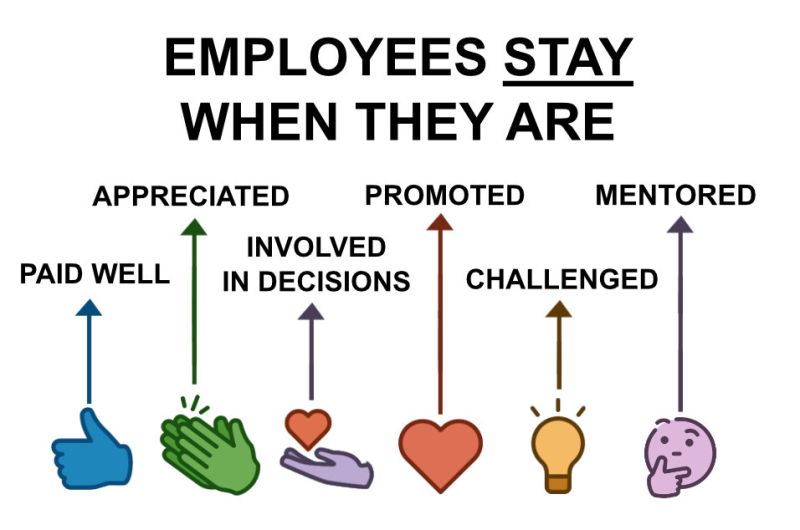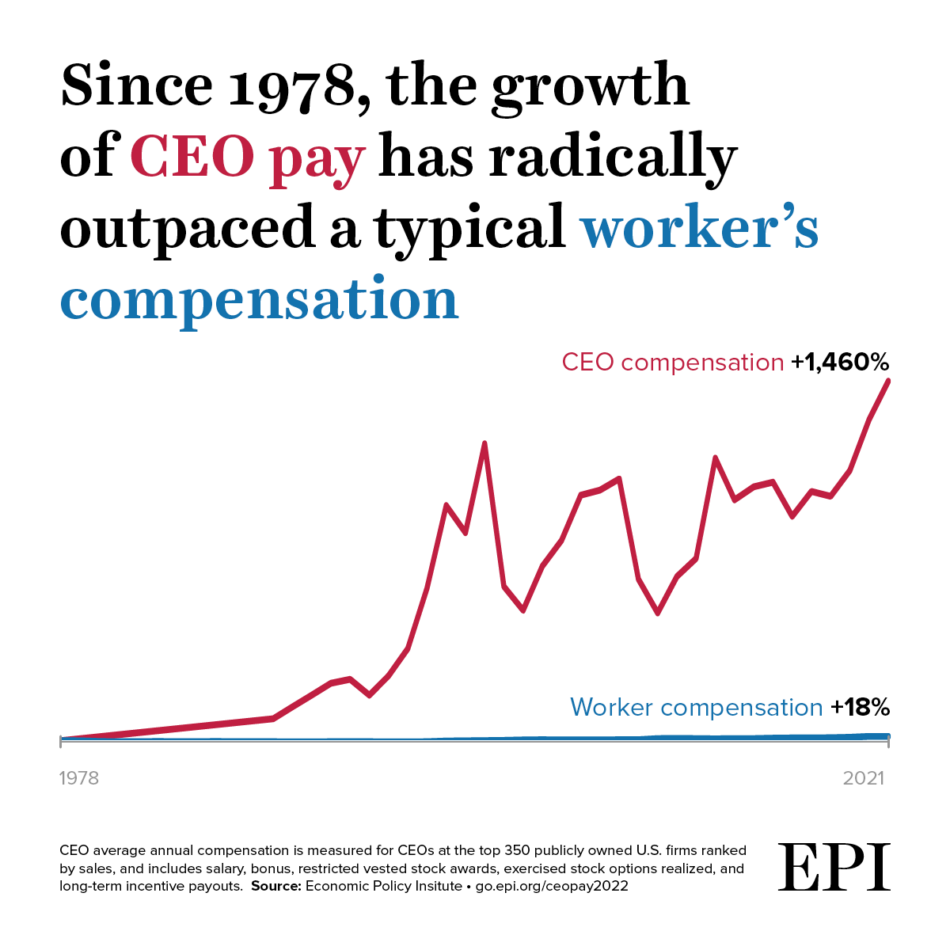
“Homework, Wes. I hate homework. Especially when I’m trying to figure out if a company as large as yours is listening to and acting on the truth of their culture.”
“Well, our culture is excellent. Our performance reviews say it all. Great place to work. Wonderful staff. Management stops and listens to grievances. The vision statement is lived by everyone on the management team.” Wes leaned back in his leather seat, the one hiding the lower half of his body from view. Stretching, he laced his fingers together, holding his head. “I’m afraid you are wasting your time, Mark, because we are doing quite well without hiring a storyteller to tell us how our employees feel about employee morale.”

I studied his mannerisms and his microexpressions both giving away his arrogance and haughty attitude. Wes Rethath, Jr. was the Chief Executive Officer and Executive Director of Tasty Tots Incorporated, a corporation whose whole existence was predicated on eradicating food scarcity in Kansas. Most of what the organization did wasn’t different from Kansas’ myriad food banks. The most significant difference was the size of government grants issued to Tasty Tots Inc. Over three million dollars were dumped into the organization, giving the management team some of the most economically ridiculous salaries in the state for food banks. The CEO himself got an 89% cost of living wage increase from 2018 to 2021, which I thought was incredible, considering the pandemic left not only front-line workers overly exposed to COVID-19 but also kept a vast majority of people unemployed during that same time frame. And yet, here I was, speaking with Wes Rethath, Jr., who told me that the reviews were accurate and no one on his team was unhappy with their job. But I wasn’t there because Wes invited me. The board of directors of Tasty Tots, Inc. invited me, asking me to interview their CEO, then his management team, and finally, a random selection of his front-line workers. Production and growth were steady, but not where they expected growth. Instead, workers were leaving by twenty or thirty per quarter, Human Resources struggling to keep up with turnover. And worse, the reports getting back to the board were unhappy working conditions, which, to their knowledge, Wes said was perfect.

“I think you are oversimplifying what I bring to the table. Your employees’ story is exactly what the world sees Tasty Tots for. Not an idealized world where Tasty Tots is a family; a family you created and branded yourself.” I had seen this behavior with executives with extensive employee communities larger than Tasty Tots. None could fathom that a story can make or break a company. Unless it’s a public relations nightmare. Then they could. Outside of that? Why in the heck would I need a story? “It’s not what you want, Wes. It’s the board. Either I go back and tell them you cooperated with me, or I tell them you failed to engage. Either way, I have no dog in this fight. And if you think I’m unwilling to tell them, I’d think again.” It wasn’t something I enjoyed doing, but I was fully prepared to do it, and I had done the same thing on three separate occasions.

Wes stared at me, stared like I was one of his employees. I could see why employees, the lowest ones making the least of anyone working for Tasty Tots Inc., wouldn’t appreciate that look. It was hateful! Disdainful. It made me feel like I wasn’t worth being there. I knew that wasn’t true, and I had the board’s support backing me. Plus, I’d dealt with men like him, bowing and scraping to the board to keep their approval up.
“It’s a terrible idea, Mark. All these lower employees do is gossip about how hard it is to work for nothing. That’s simply not true! I did their job. I know it’s not all that hard, not worth pouring money into an employee that won’t stay.”

“What is it you are afraid of,” I asked this powerful man. “Are you worried about these people telling me the truth? That they and the board will force you to face facts and recognize that your little ‘family’ is more dysfunctional than you know?” I stood up, ready to walk out without one story. “One way or another, the truth of Tasty Tots, Inc. will come out. For your sake, and the board’s, I hope it doesn’t show its ugly face somewhere in the social media atmosphere. That can potentially damage you, the board of directors, and cost the company millions of dollars.” Walking toward the door, I heard the chair squeak, and Wes quickly approached me.
“Let’s not be too hasty,” he said, putting his hand on my shoulder, trying to get me to return to my seat.
I looked at him, his fat hand grasping my shoulder, giving him a look that said, ‘Get your hand off me, Jack.’ I know. His name wasn’t Jack. But you get my point. He quickly let go and ushered me to sit down. “Please. We can talk about this.”

I sat back down, opening my backpack that I carried with me everywhere. Pulling out a planner and a small manilla folder, I handed him a list of people the board suggested I start with. “These are the people I want to see. The board told me you would see to it that they are compensated for their time with me, especially if they are hourly employees.”
Fuming, Wes grumbled and huffed about that one point. “Paying employees to talk to a storyteller? What a complete waste of time. It’s like sending them to counseling on company time. Ridiculous.”

Something told me that Wes didn’t like the idea, but he didn’t know what I’d learned over the last four years of telling stories from the ground up. First, all CEOs have no idea what their employees think or feel about their organization. Their direct supervisors don’t get straight answers because they reprimand anyone who doesn’t believe in the company vision, whether or not they have a good cause. Second, no one listens to these employees because the company does not value them. Third, the benefit package they provide these lowly employees is barely livable. The board of directors knew, as did I that a snapshot of the company would be seen through workers receiving these benefits and how those with seniority treat them.
So, who’s more likely to share the truth? The CEO or the workers?

Leave your answer in the comments section below. Thanks!

Leave a comment